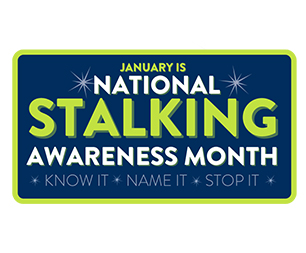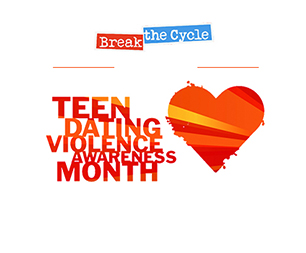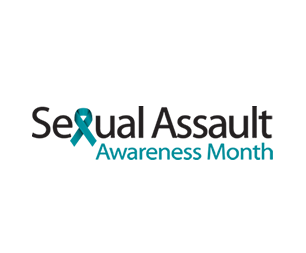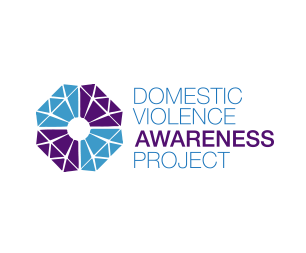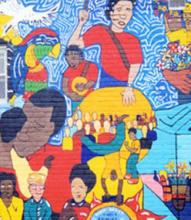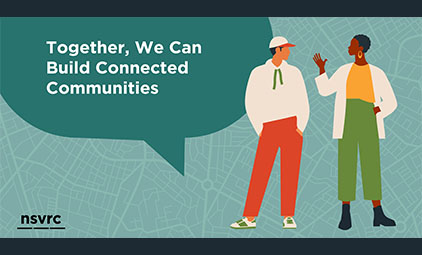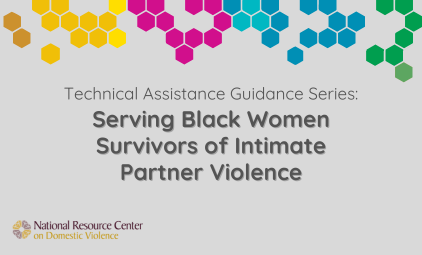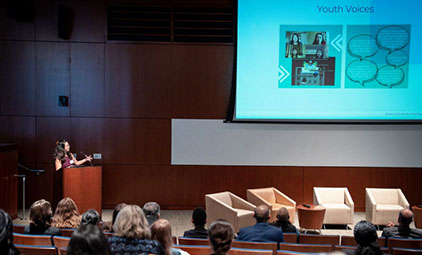According to the ACLU, nearly 60% of people in women’s prison nation-wide, and as many as 94% of some women’s prison populations, have a history of physical or sexual abuse before being incarcerated.
VAWnet News Blog
It has been said that a person can live about 40 days without food, about three days without water, about eight minutes without air, but only for one second without hope.
"The traditional mainstream effort of providing resources and information to the community is usually referred to as outreach. What I did, and what everyone who works with diverse communities does, is better called reaching out."
Taking a welcoming, trauma-informed, intersectional approach to our work is the only way to end intimate partner violence.
Advocates have unique and valuable insights into the diverse needs and lived experiences of survivors and their families. And they are well-positioned to gather and share information about survivors’ circumstances, the barriers they face, and the resilience they have – and what those things tell us about needed policy changes.
The thing about rape culture is that it shapes our language about sexual assault. Problematic comments may not even be explicitly about rape – comments that reflect attitudes about homophobia, ableism, racism, or any other form of oppression still perpetuate rape culture.










